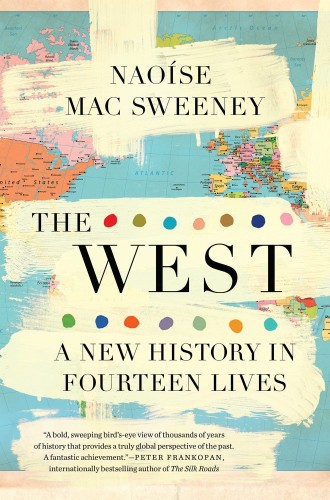Who is Naoíse Mac Sweeney’s new history of the West for?
Like so many books today, it seems aimed at convincing an audience that will never read it.
How do you feel about Martin Luther? Ambivalent? Me, too. I love 90 percent of what he did (the theology, the biblical translation, and standing up to the magisterium) but his antisemitism makes me nauseous. How about John Calvin? I appreciate his theology but I’m discomfited by his involvement in the execution of Michael Servetus. And Thomas Jefferson? I love the Declaration of Independence but hate that he owned slaves.
I think it’s safe to say that many Christians share my ambivalence about these and a host of other historical figures. In fact, these days many of us feel conflicting feelings about the entire history of Western civilization. On the one hand, its legacy includes individual rights, liberal democracy, constitutional government, freedom of religion, and industrial advancement. On the other, there’s oppression, imperialism, warfare, racism, sexism, and a growing wealth gap between the richest people and the rest of us.
Which makes me wonder exactly who Naoíse Mac Sweeney’s The West: A New History in Fourteen Lives is written for. The heart of the book—the 14 relatively unknown historical figures whom she profiles—is profound and engaging. But the motivation for the work is so polemical that it might leave you scratching your head. Like so many books today, it seems aimed at convincing an audience that will never read it, thereby leaving actual readers like you and me to wade through the polemic to get to the good stuff.





